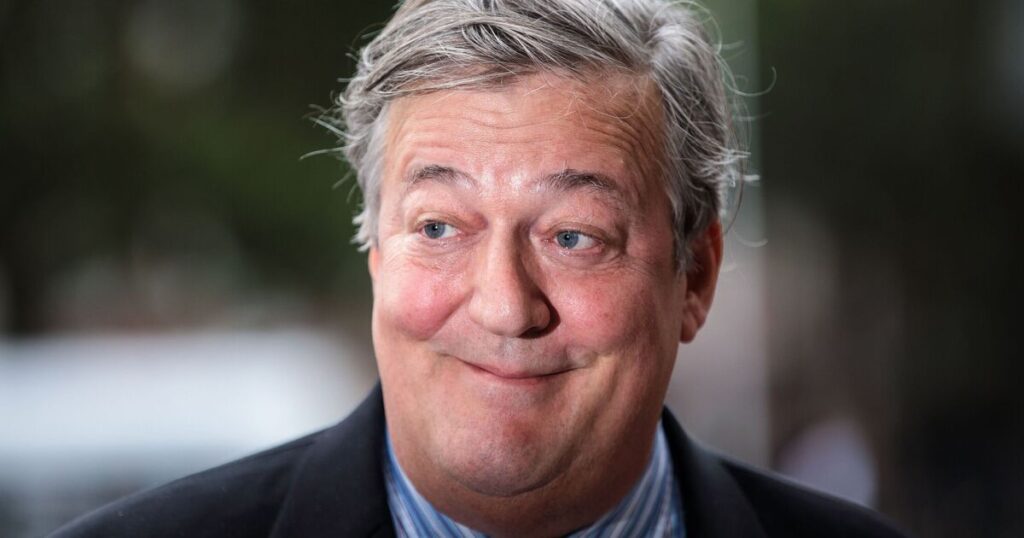
Stephen Fry – author, actor, broadcaster and lifelong champion of the arts – once named a nearly 200-year-old classical masterpiece as the one piece of music he couldn’t live without.
Speaking on BBC Radio 4’s Desert Island Discs, Fry selected the Presto from Ludwig van Beethoven’s String Quartet No. 14 in C-sharp minor, Op. 131 as his all-time favourite.
“Well, Beethoven. You cannot escape the greatness of Beethoven. I think, perhaps of all the artists and humans in history that I’ve ever read about, the most great humanitarian, the one who most speaks for all of us”, began Fry.
“This is the 14th quartet, the Presto from it, the fifth movement, and C-sharp minor, and it so bustles with life,” he said. “Is it angry or is it puzzled? Is it sorrowful? It’s all emotions in one. It lives with you forever, this piece.”
The work, completed in 1826, was part of Beethoven’s late string quartets – a series of compositions written near the end of his life, long after he had lost his hearing. Among musicians and critics, these quartets are considered not only some of Beethoven’s finest work, but also some of the most challenging and spiritually profound music ever written.
The Op. 131 quartet in particular is known for its unorthodox structure, emotional depth, and daring use of harmony. It was said to be Beethoven’s own favourite among his quartets.
The emotional impact of the piece was also deeply personal for the actor. Fry explained that his father, a man with a passion for classical music, had introduced him to Beethoven’s late quartets in his youth: “My father always used to go on about his late quartets, and I found them frightening and strange and disturbing. But that’s because they are frightening, strange and disturbing – but they’re also transcendently beautiful.”
Later in the episode, when asked by presenter Kirsty Young which one of his eight musical choices he would save from the waves if only one could be kept, Fry didn’t hesitate.
“Well, I couldn’t contemplate living…” he said, “I know it sounds so pretentious, but I couldn’t contemplate living without Beethoven’s Eight Quartets, so that’s the one I’d take with me.”
The rest of Fry’s musical choices reflected his highly cultured tastes: He selected Johann Sebastian Bach’s ‘Gigue from the Partita No. 1 in B-flat major’, and Franz Schubert’s ‘Variations 2 and 3 from the Piano Quintet in A major’, often called the “Trout” Quintet, for example.
He also made room for protest and soul with Nina Simone’s ‘I Wish I Knew How It Would Feel to Be Free’ – a civil rights anthem and celebration of longing -, as well as the operatic richness of Wagner’s ‘O sink hernieder, Nacht der Liebe’ from Tristan und Isolde.
Showing affection for friends and humour, Fry included ‘Changes’ by Hugh Laurie, and ‘Do I Love You?’ by Ella Fitzgerald. He rounded off his list with a quintessentially British choice: The Archers theme song ‘Barwick Green’.
 Latest World Breaking News Online News Portal
Latest World Breaking News Online News Portal






